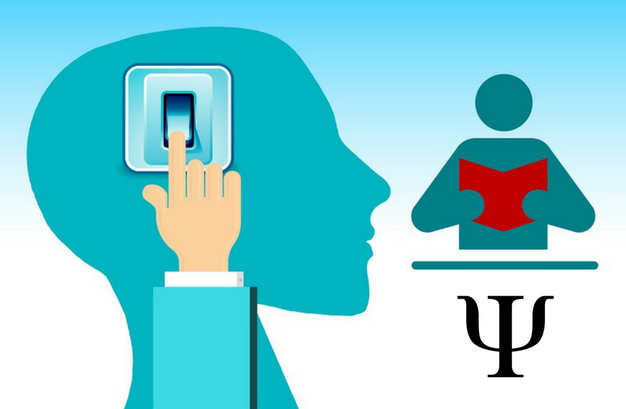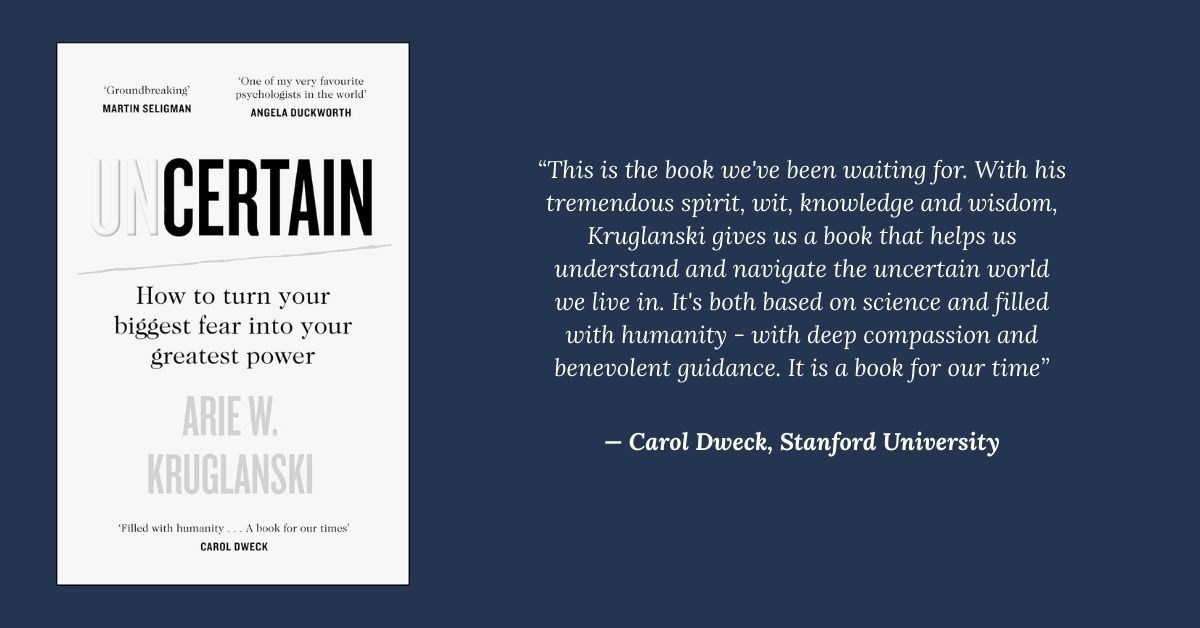Psychology Classics On Amazon

The Placebo Effect: Understanding Its Power and Impact in Medicine
The placebo effect is a fascinating phenomenon that has intrigued researchers and healthcare professionals for decades. This article will delve into what the placebo effect is, how it works, its mechanisms, and its implications in clinical trials and everyday life. By understanding the placebo effect, we can better appreciate its role in medicine and psychology.
What is the Placebo Effect?
The placebo effect occurs when an individual experiences a real improvement in their condition after receiving a treatment that has no therapeutic effect. This improvement is due to the individual's belief in the efficacy of the treatment rather than the treatment itself. The term "placebo" originates from the Latin word "placebo," meaning "I shall please," reflecting the beneficial effects perceived by the patient.
Historical Context
Historically, placebos have been used in medicine for centuries. In the 18th century, placebos were commonly used as a control in medical experiments to test the efficacy of new treatments. Today, placebos play a crucial role in clinical trials, helping researchers determine whether a new treatment is genuinely effective or if the observed benefits are due to the placebo effect.
How Does the Placebo Effect Work?
The placebo effect is a complex interplay of psychological and physiological factors. Here are some of the key mechanisms behind it:
Expectation
One of the primary drivers of the placebo effect is the power of expectation. When individuals expect a treatment to work, their belief can trigger real physiological changes. For example, if a person believes they are taking a painkiller, their brain may release endorphins, the body's natural pain relievers, resulting in reduced pain perception.
Conditioning
Conditioning also plays a significant role in the placebo effect. This involves the association between a treatment and a positive outcome based on previous experiences. For instance, if a person has previously experienced relief from a specific treatment, they may experience similar relief when given a placebo that resembles that treatment.
The Role of Healthcare Providers
The interaction with healthcare providers can significantly influence the placebo effect. A healthcare provider's confidence and positive attitude towards a treatment can enhance the patient's belief in its efficacy. This is often referred to as the "doctor effect" or "care effect."
Genetic Factors
Recent research has suggested that genetic factors may also influence an individual's susceptibility to the placebo effect. Some people may have a genetic predisposition that makes them more likely to respond to placebos.
The placebo effect occurs when an individual experiences a real improvement in their condition after receiving a treatment that has no therapeutic effect.
The Placebo Effect in Clinical Trials
The placebo effect is an essential component of clinical trials. Placebos are used as control treatments to help researchers determine the true efficacy of new medical interventions. Here are some key aspects of placebos in clinical trials:
Randomized Controlled Trials (RCTs)
RCTs are the gold standard for testing new treatments. In these trials, participants are randomly assigned to either the treatment group or the placebo group. This randomization helps ensure that any differences observed between the groups are due to the treatment itself and not other factors.
Double-Blind Studies
In double-blind studies, neither the participants nor the researchers know who is receiving the actual treatment and who is receiving the placebo. This helps eliminate bias and ensures that the observed effects are due to the treatment rather than expectations or other influences.
Ethical Considerations
Using placebos in clinical trials raises ethical considerations, particularly when effective treatments are already available. Researchers must balance the need for scientific rigor with the obligation to provide the best possible care for participants.
Real-World Applications of the Placebo Effect
Beyond clinical trials, the placebo effect has real-world applications in everyday life and various fields of medicine and psychology.
Pain Management
The placebo effect is particularly prominent in pain management. Studies have shown that placebos can lead to significant pain relief, even in conditions like chronic pain. This effect is largely due to the power of expectation and the brain's ability to modulate pain perception.
Mental Health
Placebos also play a role in mental health treatments. For example, patients with depression may experience improvements in their symptoms when given a placebo. This underscores the importance of belief and expectation in mental health care.
Alternative Medicine
The placebo effect is often cited as a reason why some alternative medicine treatments appear to work. While these treatments may not have a direct therapeutic effect, the belief in their efficacy can lead to real improvements in health.
Understanding the Limits of the Placebo Effect
While the placebo effect can lead to real improvements, it is not a cure-all. There are limits to what the placebo effect can achieve, and it is essential to understand these limitations.
Not a Replacement for Effective Treatments
The placebo effect should not be seen as a replacement for effective medical treatments. While placebos can provide temporary relief, they do not address the underlying causes of medical conditions.
Ethical Use of Placebos
Ethical considerations must be taken into account when using placebos. Deceiving patients into believing they are receiving an active treatment when they are not can undermine trust in the healthcare system.
Variability in Response
Not everyone responds to placebos in the same way. Some individuals may experience significant improvements, while others may see little to no effect. Understanding the factors that influence placebo responses is an ongoing area of research.
Conclusion
The placebo effect is a powerful demonstration of the mind-body connection. By understanding the mechanisms behind it and its applications, we can appreciate its role in medicine and psychology. While it is not a replacement for effective treatments, the placebo effect highlights the importance of belief, expectation, and the therapeutic relationship in healthcare.
Resources
Learn more about the power of the placebo effect.
Learn more about the science of the placebo effect.
Want to Read More Great Articles?
See following link to check out a fascinating collection of psychology articles by leading academics and researchers.
This Psychology Symbol - Vintage Retro Striped Sunset T-Shirt is available from Amazon (prime eligible) in a range of colors for women and men. Sales help support this website, which has been providing free and comprehensive information and resources for psychology students and educators since 2008.
Recent Articles
-
Promoted Psychology Books | All-About-Psychology.com Showcase
May 11, 25 10:06 AM
Discover standout titles featured through expert psychology book promotion. See what authors are sharing—and how their work is reaching new readers. -
Why Am I Always Tired and Stressed?
May 11, 25 06:51 AM
Why do I feel tired, irritable, and mentally foggy all the time-could it be chronic stress, and what can I do about it? -
Uncertain by Arie Kruglanski | Understanding the Need for Certainty
May 10, 25 03:36 AM
Discover Uncertain by Arie Kruglanski—a powerful guide to embracing ambiguity, overcoming fear, and unlocking your hidden potential through the science of uncertainty.
Know someone who would love to read The Placebo Effect: Understanding Its Power and Impact in Medicine. Share this page with them.
Please help support this website by visiting the All About Psychology Amazon Store to check out an awesome collection of psychology books, gifts and T-shirts.
Go From The Placebo Effect: Understanding Its Power and Impact in Medicine Back To The Home Page







